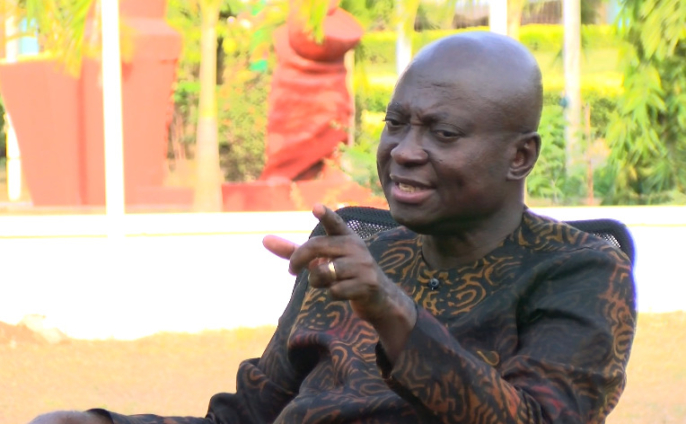The Member of Parliament for Abuakwa South, Samuel Atta-Akyea, has dismissed allegations that the Supreme Court serves as an extension of the Jubilee House, describing such claims as misguided and uninformed.
According to Atta-Akyea, those making these assertions lack a proper understanding of legal principles and the judiciary’s fundamental role in a democratic society.
His remarks come in response to criticism following the Supreme Court's recent decision to overturn Speaker Alban Bagbin’s declaration of four parliamentary seats as vacant.
The decision sparked a wave of reactions, with some critics accusing the Court of bias and undue influence from the executive branch.
In an interview with Channel One TV on Saturday, 16th November, Atta-Akyea robustly defended the Supreme Court's integrity.
He described the justices as distinguished and impartial legal professionals committed to upholding the rule of law, emphasising that their decisions are rooted in legal reasoning, not political affiliation.
“Those who claim that the Supreme Court is merely an extension of the Jubilee House and will rubber-stamp what we want are mistaken," he stated.
He noted that the recent case showcased the Court’s independence, pointing out that two judges, Justice Lovelace Johnson and Justice Amadu Tanko, had dissented, demonstrating the diversity of thought within the judiciary. “The Supreme Court is a forum of respectable and capable individuals," he added.
Atta-Akyea further stressed that it was misleading to view the Court as an arm of the executive.
He criticised those who held such views as lacking a proper understanding of the rule of law and argued that such perspectives were subversive to the constitution and the principles of judicial independence.
The controversy arose after the Supreme Court's ruling on 12th November, which overturned Speaker Alban Bagbin's decision to declare four parliamentary seats vacant.
The ruling was in favour of a challenge mounted by Majority Leader Alexander Afenyo-Markin, asserting that the Speaker’s declaration was not in line with the law.
In their detailed judgement on 14th November, the five justices who supported Afenyo-Markin's position clarified that a parliamentary seat can only be considered vacant if an MP switches political parties while maintaining their position in Parliament.
Meanwhile, the two dissenting justices argued that the Supreme Court did not have the jurisdiction to decide the matter, highlighting a significant difference in legal interpretation regarding the Court's powers.
Latest Stories
-
We may resume strike if gov’t doesn’t honour its part of the bargain – GRNMA
27 minutes -
‘I will leave it to Otto Addo to assess how I fared in the Unity Cup’ – Bonsu Baah
1 hour -
Livestream: Newsfile discusses nurses strike, NSA probe, radio stations shutdown
2 hours -
Infantino: FIFA Club World Cup marks ‘new era’ for football
4 hours -
How Trump’s Africa strategy may become a double-edged sword
4 hours -
Why the expanded FIFA Club World Cup is worth trying
4 hours -
Mahama promises to end power fluctuations in North East Region
4 hours -
Battle of the Beasts: American Tabiti destroys Jacob Dickson to win WBO Africa Cruiserweight title
4 hours -
Speaker defers ruling on Afenyo-Markin’s government mass dismissals request
4 hours -
Battle of the Beasts: Ahmed Abdul floors Haruna Mohammed to win national cruiserweight title
5 hours -
Manasseh Awuni’s heartfelt message to Mahama on the Zoomlion contract action
5 hours -
Battle of the Beasts: Theo Allotey batters Daniel Gorsh to win WBO African Bantamweight title
5 hours -
Why always fuel: The growing burden of energy levies in Ghana
5 hours -
Asantehene urges chiefs to offer lands as equity for farming
5 hours -
Pay up or stay out: Ahafo Regional Minister warns timber merchants over unpaid royalties
5 hours

